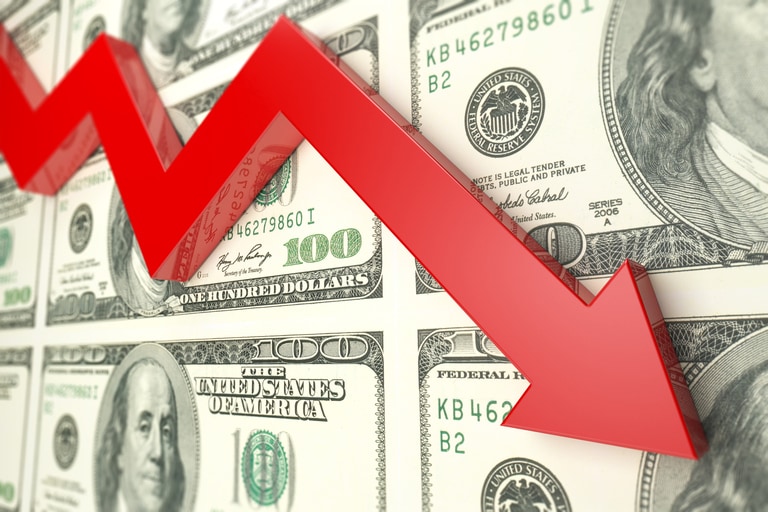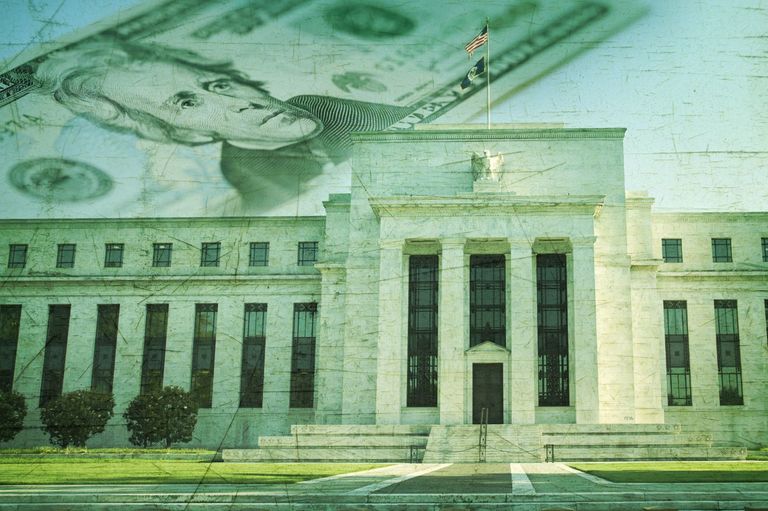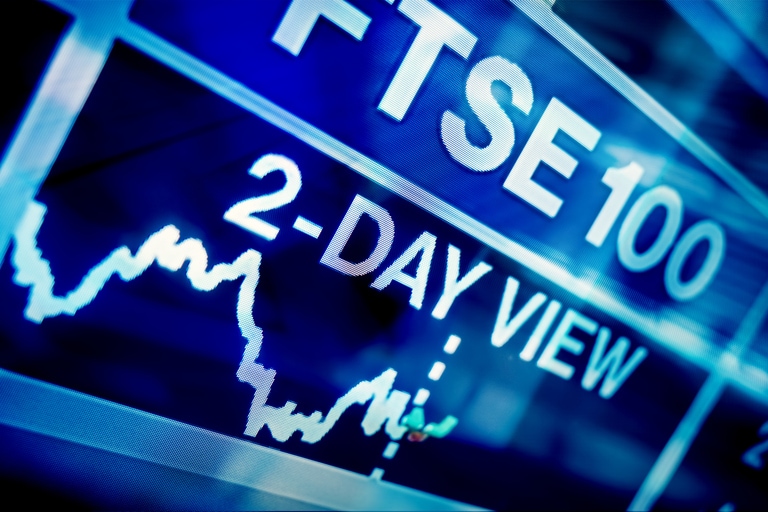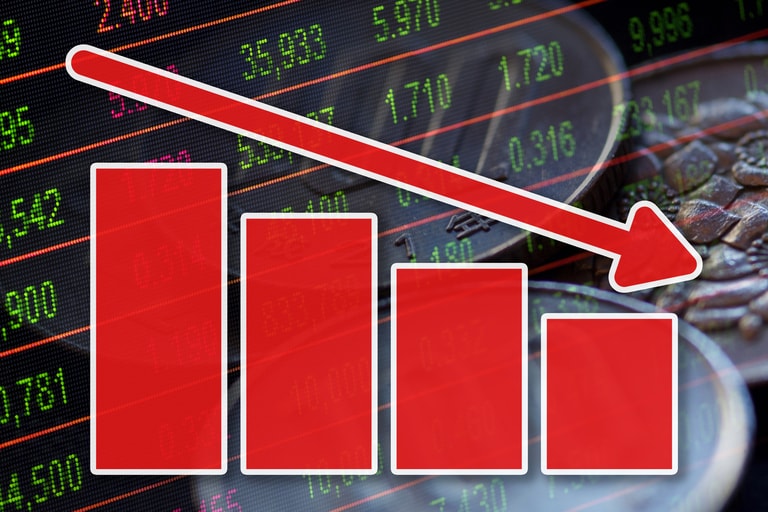It’s been a strong end to a positive week for European equity markets, despite an economic backdrop that continues to look a little tepid, with the Eurostoxx 50 posting its highest weekly close since September last year, with heavy volumes going through on the back of heavy options expiries.
Europe
The FTSE 100 also looks set to post its first positive week in a month, pushing back towards its 200 day MA, helped by decent performances from oil and gas, house builders and the banking sector, all sector exposed to the UK economy. It would appear that investors are starting to feed money back into UK equities in the hope that some form of soft Brexit will come about in the coming weeks after the pantomime of this week’s political shenanigans at Westminster.
Lloyds Banking Group shares have hit their highest levels since last summer, Barratt Developments, one year highs and BP one month highs, as hopes that a no deal Brexit is no longer a possibility has encouraged to put money back into UK assets, helping the FTSE 250 to reverse all of last week’s losses.
It appears that time has finally run out for another UK outsourcer, as just over a year since Carillion’s demise Interserve has followed suit. Today Interserve shareholders rejected a management rescue plan, which would have seen the company’s debts cuts to £275m from £650m while creditors would be given new shares in exchange for the debt, which would have at least preserved some value.
This proved controversial to a lot of shareholders due to the heavy dilution involved, with the firms largest shareholder US based Coltrane emphatically opposed, It appears that this was dilution was a move too far with management rejecting the alternative plans put forward by Coltrane, and sending the company into pre-pack administration, with the company’s assets set to be sold off.
This is exactly as it should be, no bailout, no rescue for investors and shareholders bearing the costs, while normal services continue as normal in the short term, with more details about government contingency plans likely to be fleshed out in the coming days.
The bigger question now is not whether the company’s public sector contracts will be brought back into the realm of the taxpayer, but whether government has the bandwidth to tender them back out again, given the preoccupation with Brexit. The company runs a good proportion of probation service operations in England and Wales, as well as having contracts in schools and hospitals. In a normal world this would be front page news for politicians, however the preoccupation with Brexit means that the political noise around this has been much more subdued, than it would otherwise have been, but it doesn’t change the debate about salami slicing public services in the hope of saving tax payers money.
It’s been a Jekyll and Hyde day for high street retailer H&M after the company announced that Q1 sales came in well above estimates at Skr 51bn, a rise of 4%, initially sending the shares sharply higher. These gains proved to be rather short-lived as the shares rolled over sharply over concerns about declining margins, once it became clear that the sales rise was achieved as a result of sharp reductions in prices. This has translated into concerns over how that will affect its future profits profile if that trend were to continue.
Frankie and Benny and Wagamama owner Restaurant Group shares have had a good day today after the company reported its final results, though today’s rebound does need to be put in the context that we are coming off 10 year lows. Total sales showed a rise of 1% to £686m, even though profits were sharply lower, due to a £39.2m exceptional pre-tax charge. Like for like sales also showed a decline of 2% but it was better than markets had been expecting. This may well account for this morning’s jump in the share price, as well as the fact that trading for the ten weeks to March showed a rise of 2.8%, with Wagamama showing a particularly strong performance.
In a trading statement issued this morning house builder Berkeley Group reiterated its full year guidance for the year, but also said that it was “mindful of the potential for short term market dislocations from the current political backdrop”
Pubs group JD Wetherspoon also reported its latest numbers for the six months to the end of January, and while revenues showed a rise of 7.1% to £889.6m profits fell 10.5% to £48.6m, due to increasing costs, which are likely to continue for the rest of the year.
Commenting on the results chairman Tim Martin couldn’t resist taking a swipe at “the establishment“ as he warned that the outlook for the second half could be affected by “adverse economic consequences” if the referendum result is not respected.
US
US markets have opened higher shrugging off disappointing manufacturing data, as weaker than expected Empire manufacturing and factory output surveys reinforced the view that the Federal Reserve is more than likely to be done on the tightening front for the foreseeable future, with the S&P500 on course to reverse all of its losses from last week.
Facebook shares have dropped back in the wake of last night’s announcement that Chief Product Officer Chris Cox is leaving the company, along with WhatsApp vice President Chris Daniels. Cox had been at the company from the very start and his departure is a setback for Mark Zuckerberg given his role in developing the products that has made the company the multibillion dollar enterprise that it is.
Boeing shares are also finding it difficult to rally as reports emerged that the FAA were persuaded to change their stance on grounding the aircraft on the back of revelations that the plane was stuck in a dive prior to impact. This new piece of evidence raises fresh concerns as to whether the aircraft will ever be able to fly again given the shattering effect any findings might have about the competence of Boeing officials given that software problems with this particular plane have been known about in the wake of the first crash in October last year.
Tesla shares have slipped back on the open after the unveiling of the Model Y, a new crossover electric SUV which is set to retail at a minimum $39k, all the way up to $60k depending on specification.
FX
It’s been a decent week for the pound despite the political shambles at Westminster this week. The prospect of a delay to Brexit has been well received by the markets, but given the dysfunctional nature of our politics, it would be premature in the least to assume “no deal” is no longer a realistic probability.
It still remains the default position in law and for all the warm assurances from MPs saying they won’t countenance a “no deal” Brexit, they still need a majority of MPs to change the law to ensure that this doesn’t happen, and extend Brexit to a date that can be agreed with the EU at next week’s EU Council meeting.
The lack of confidence in MPs hasn’t been helped by some of the events that unfolded this week in the House of Commons, with the difference between words and actions no better illustrated than by the shocking behaviour of Brexit Secretary Stephen Barclay. Having implored MPs to back an extension to article 50 from the despatch box he then went on to ignore his own advice and vote against an extension. And people wonder why we have so little respect for our politicians!
The US dollar has come under pressure this week, as weaker economic data and a decline in US 10 year yields has exerted downward pressure on the greenback. For all of the confidence around how the US economy is doing there appears to be growing anxiety that we may well have peaked in terms of the growth cycle pushing yields lower and in turn steering investors towards what next weeks Fed meeting might bring with respect the rate outlook. It appears to be becoming more and more likely that we’re done with respect to the rate hiking cycle, with the next move more likely to be an easing than a tightening.
Commodities
Oil prices have slipped back from their recent highs, ahead of this weekend’s OPEC meeting in Baku, where members are due to meet to review their current policy on extended production cuts. With prices at these levels there is a risk that in pushing up prices at a time when global growth is slowing, they could precipitate a sharper slowdown and a fall in demand, and this is something they would probably well advised to avoid.
Gold has had another positive week after hitting five-week lows last week, edging back above the $1,300 an ounce level, while Palladium is resting recent all-time highs, on the back of a weaker US dollar. News that Russia is considering a temporary ban on the export of scrap precious metals tailings has also helped push up prices, over concerns about a shortage of supply.
Disclaimer: CMC Markets is an execution-only service provider. The material (whether or not it states any opinions) is for general information purposes only, and does not take into account your personal circumstances or objectives. Nothing in this material is (or should be considered to be) financial, investment or other advice on which reliance should be placed. No opinion given in the material constitutes a recommendation by CMC Markets or the author that any particular investment, security, transaction or investment strategy is suitable for any specific person. The material has not been prepared in accordance with legal requirements designed to promote the independence of investment research. Although we are not specifically prevented from dealing before providing this material, we do not seek to take advantage of the material prior to its dissemination.







